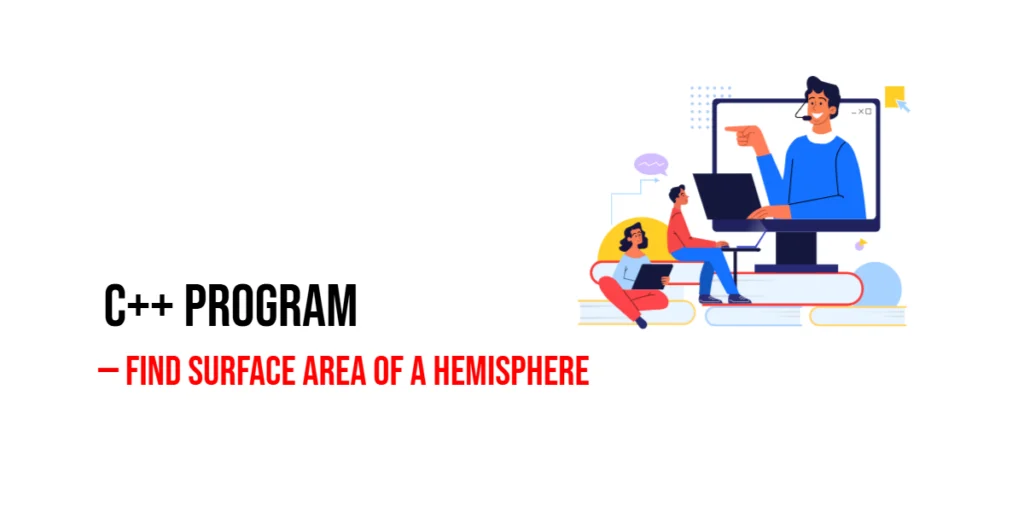C++ Program to Convert Fahrenheit to Celsius
Temperature conversion is an essential task in programming, especially when working with weather data, scientific calculations, or user interfaces. Converting Fahrenheit to Celsius helps beginners practice arithmetic operations, user input handling, and formula implementation in C++. Learning this conversion provides a practical exercise to strengthen fundamental programming skills in C++. Program 1: Convert Fahrenheit to […]
C++ Program to Convert Fahrenheit to Celsius Read More »









